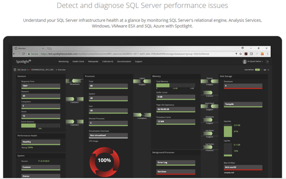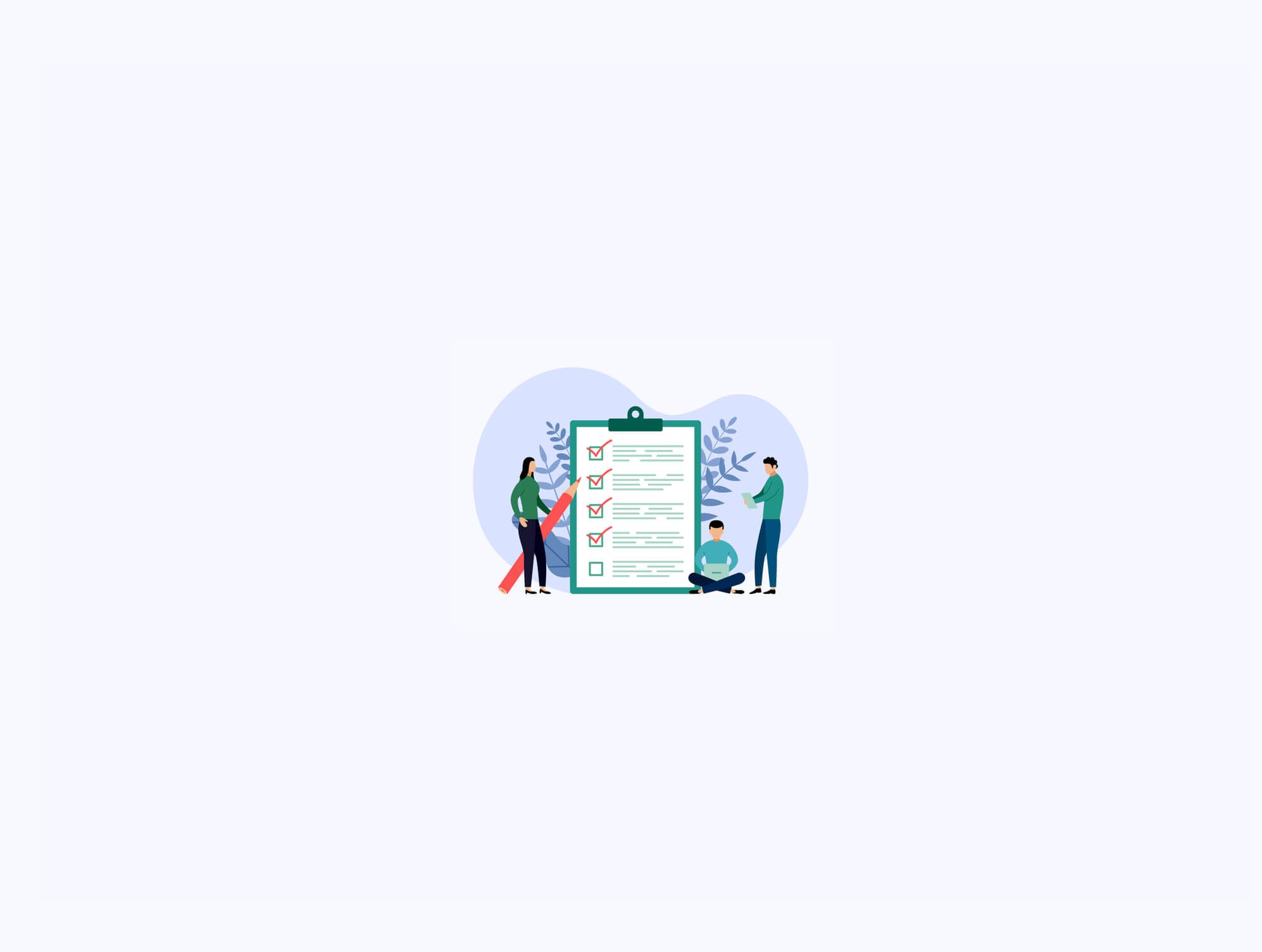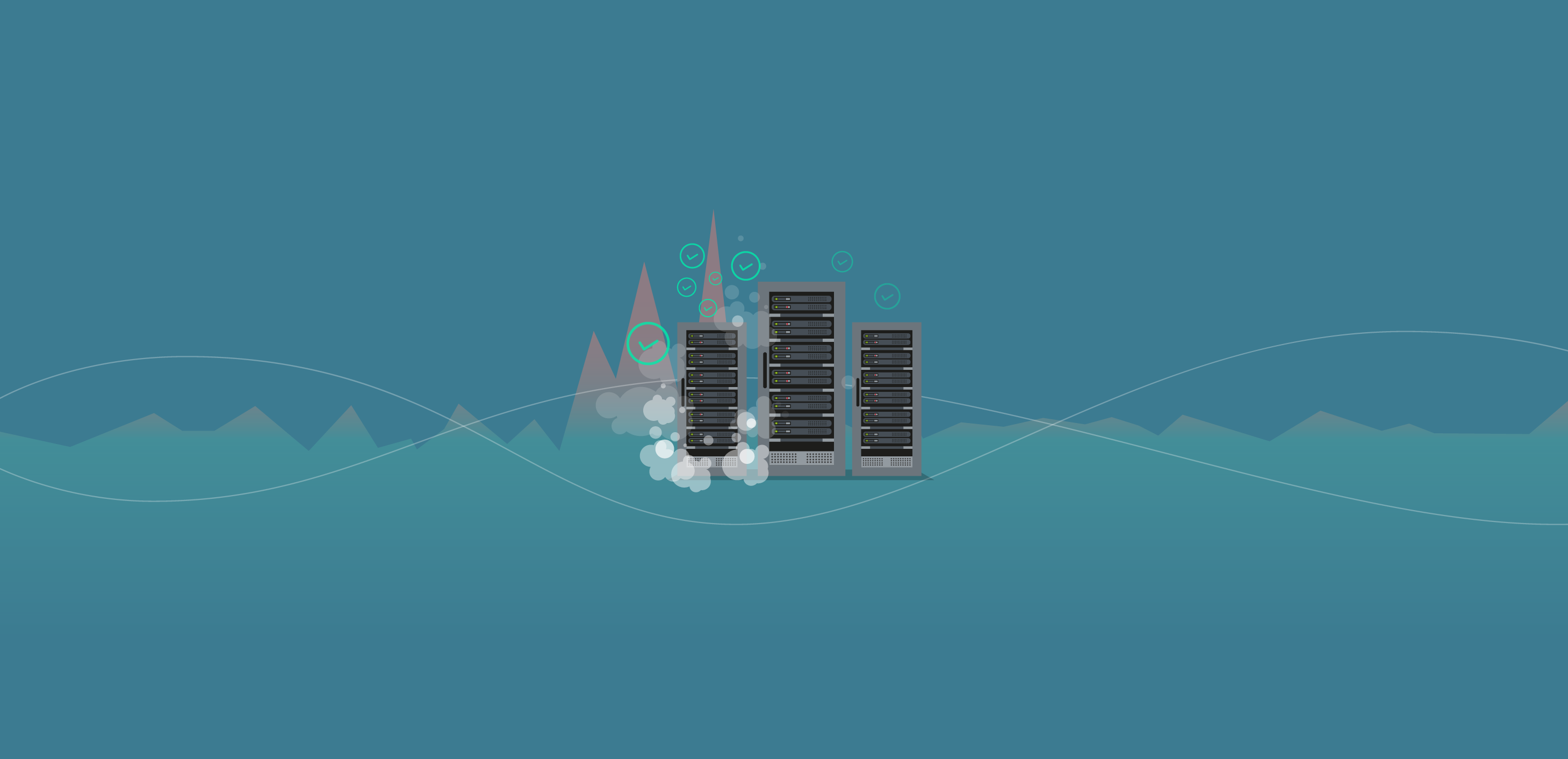
Many DBAs today are being asked to contribute in a DevOps Culture. One DBA I know told me the story of a recent reorg his company went through and when they sent out the new org chart, his title was actually changed from DBA to DevOps engineer. What does he do now that’s different from before? Well it turns out… Not much. Most of what he now does is still the same. But his cubicle is ground zero for DevOps now, so he’s taking this new title pretty seriously.
Here’s the truth – DBAs have pretty much always been part of DevOps. That’s because most already do Dev tasks. Things like writing SQL, SQL Server performance tuning, doing Object Analysis and reporting and they already do Ops tasks like configuring servers, running backups and restores, and tuning the OS, network and storage.
The main change is that DevOps often pits application developers against infrastructure teams over stability and performance issues. Dev and Ops have different priorities that require a fine balancing act.
There are two sides to this story. The Dev side of the house is measured on how quickly and reliably they can get changes into production. Their goal is to develop code to spec as fast as possible, get it into production and keep those changes coming.
Ops is concerned with making sure that things don’t break when you take your eye off them. It’s about all the fundamentals that keep the lights on and the data moving.
DBAs have a big role to play in merging Dev and Ops. In fact, it’s a big opportunity for DBAs to grow into this emerging role of DevOps engineer, including monitoring and optimizing SQL server performance.
Much of DevOps is based on the motto, “Fail often, fail fast.” Make small, incremental changes and push them into production. If they cause a problem or if they’re not quite what customers wanted, then roll them back quickly, repair them and quickly get them back into production.
Yet this presents real risks…
It’s not always easy to understand the root cause of a performance or stability problem. It takes quite a bit of digging to connect the dots between a change somebody made to the application or the infrastructure and the impact it has on the database workload and performance.
These concepts are a bit new to the DBA and the task of meeting in the middle to participate in the DevOps Culture may seem a bit overwhelming. But, you’ve got to start somewhere. Many organizations are taking the approach of looking into SQL server performance issues from a different lens and implementing a different method of monitoring.
What if you had the visibility into the health of your SQL Server environment needed to resolve performance issues proactively … before they seriously impact your business? What if you could quickly identify performance degradation, isolate the cause and analyze and tune to prevent similar issues in the future?

Oh, and what if you could have all this on a subscription basis? With no additional hardware, no software, no maintenance costs and be able to access it from anywhere, anytime on any device?
With Spotlight Cloud, you can! It’s as easy as Sign up. Sign In. Resolve.
Get started with Spotlight Cloud for unmatched cloud hosted database monitoring and diagnostics for SQL Server. It’s like giving yourself an immediate promotion!








